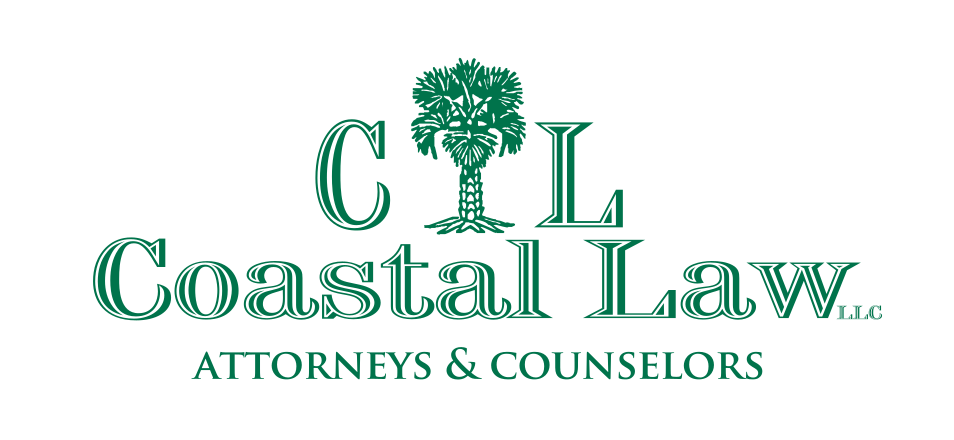They lie because they are human, and most humans lie when it is in their self-interest. They lie because they know that courts will accept their lies. They lie because they know there are no consequences, for them, for lying.
We have been South Carolina criminal defense lawyers in Myrtle Beach, Conway, Columbia, and Charleston, S.C., long enough to know that there are three types of officers when it comes to honesty on the witness stand:
- Officers who are refreshingly honest and proud of their integrity;
- Officers who embellish, exaggerate, and put a prosecutor-friendly spin on their testimony, yet do not see themselves as lying; and
- Officers who lie intentionally to protect themselves or fellow officers or just to help the prosecutor secure convictions.
Lying law enforcement witnesses are worse than any other dishonest witness because we want and expect law enforcement to have higher standards. People don’t want to believe that police officers would lie on the witness stand. Our need to trust and believe law enforcement officers is so strong that many people will believe an officer’s testimony in the face of clear evidence that the officer is being dishonest.
DA Moves to Recuse Judge from All Cases
In Okmulgee County, Oklahoma, District Attorney Rob Barris has moved to recuse one of only two judges in his county, District Judge Kenneth Adair, because the judge questioned the truthfulness of officers’ testimony too many times. As evidence of the Court’s bias, the DA cites four drug cases where the court found that the officer was not being truthful and ruled in the defendant’s favor.
The judge, however, did not simply point to the officer and yell, “Liar!” after hearing their testimony. Adair apparently took the time to attempt to verify officers’ testimony, and, when he discovered it was untrue, called it as he saw it.
For example, Adair paused a suppression hearing last year to visit the crime scene to confirm the officer’s testimony. When he returned to the courtroom, he granted the defendant’s motion to suppress. Barris also complains in his motion to recuse that Adair has made comments that Okmulgee police officers have a systemic problem with testilying…
Isn’t Calling Out Lying Witnesses Part of the Court’s Job?
An essential part of a judge’s job is to judge the credibility of witnesses in non-jury proceedings. Any judge who rubber stamps every officer’s testimony while carefully scrutinizing the testimony of other witnesses is abdicating their responsibility as a neutral arbiter.
Most judges will accept an officer’s testimony without question which makes every suppression hearing an uphill battle for defense lawyers. If the attorney has done their investigation and found that the officer is lying, the attorney must then carefully collect the evidence and prepare exhibits to prove the lie to the court. Even then, the defense can expect the court to carefully rule in favor of the officer while noting the officer’s credibility for the record. Why?
When a judge finds that a police officer is lying, they will get blowback from law enforcement and prosecutors. In states where judges are popularly elected, they open themselves to attack by law enforcement and prosecutors. In South Carolina, where judges are elected by the legislature, they are subjected to the same attacks and risk losing their job when their term has expired.
What Can Courts and Lawyers Do About Lying Police Witnesses?
One thing that I did not see in the above-linked article is where the DA went out and confirmed that the officers were telling the truth. The prosecutor is angry that he is losing, but the anger is misplaced. Perhaps he should ensure that his witnesses are being truthful instead of attacking the judge for doing his job?
Law enforcement supervisors should lead by example and ensure that their officers are not bending the truth in their reports and in court.
Defense lawyers must take the time to investigate officers’ claims before cross examining them in court and aggressively disprove inaccurate testimony.
Prosecutors have an obligation as “ministers of justice” to ensure that they are not eliciting false testimony in court. This means that they must verify an officer’s testimony before calling the officer to the witness stand. When the court or defense establishes that an officer is lying, the remedy is to correct that officer’s behavior and work harder to present the truth in the future, not attack the judge or defense counsel.
Judges have an obligation to ensure that officers are providing only truthful testimony in their courtroom. District Judge Kenneth Adair is a hero for simply doing his job.
Are the Police Lying in Your Case?
When we go to work on your case, we will investigate and put together the evidence that you need to prove when an officer is being dishonest. Schedule a free consultation to discuss the facts of your case by calling (843) 488-5000 or filling out our online form.

